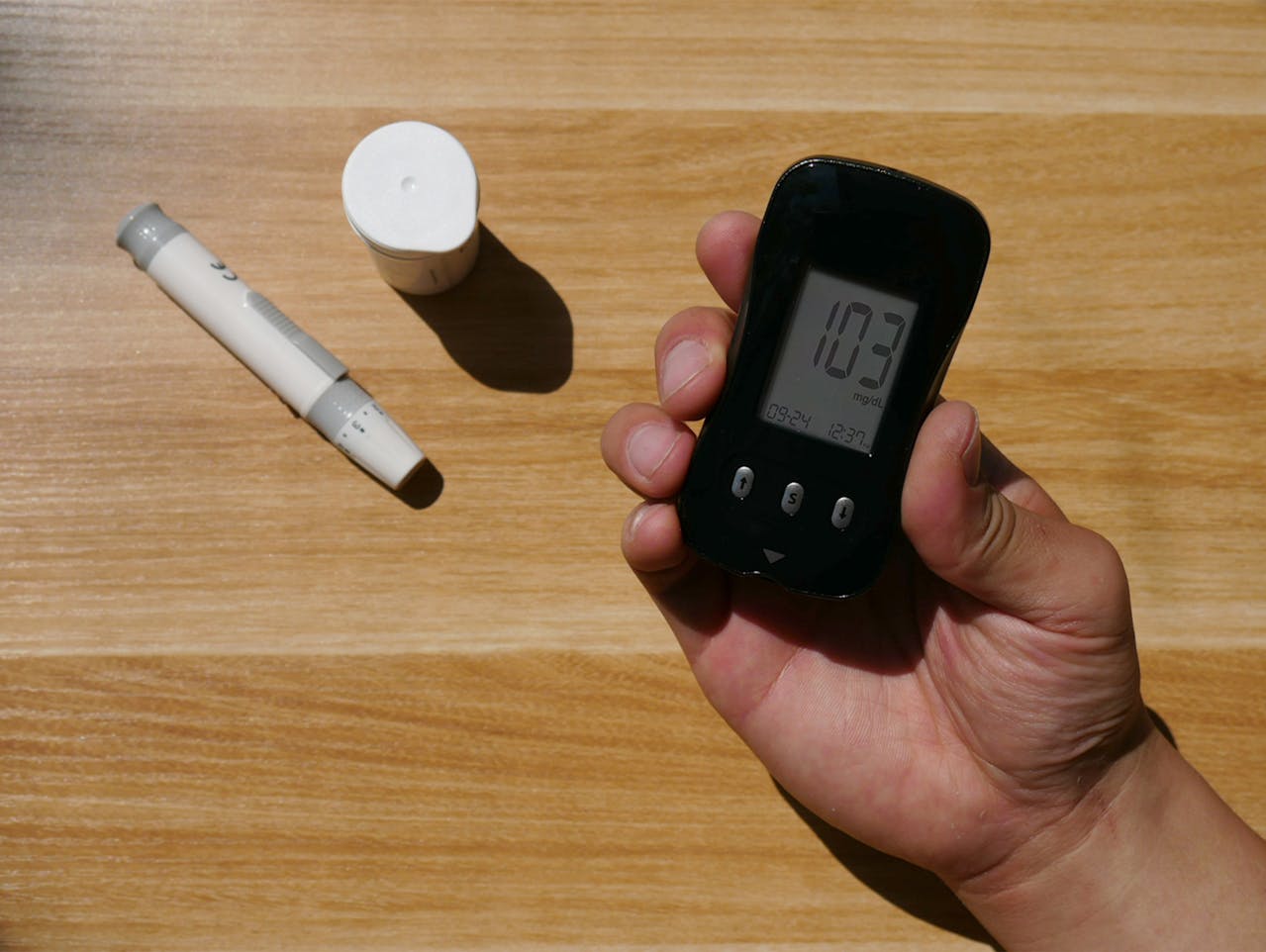Proteinuria, the presence of excess protein in the urine, is often a sign of kidney damage or other underlying health conditions. Reversing proteinuria is possible in some cases, depending on the cause, the extent of kidney damage, and the overall health of the individual. Here's an overview of potential strategies and treatments:Proteinuria, the presence of excess protein in the urine, is often a sign of kidney damage or other underlying health conditions. Reversing proteinuria is possible in some cases, depending on the cause, the extent of kidney damage, and the overall health of the individual. Here's an overview of potential strategies and treatments:
Understanding Proteinuria
Proteinuria occurs when the kidneys' filtering units, the glomeruli, become damaged or stressed, allowing proteins like albumin to pass into the urine. Common causes include:- Diabetes mellitus
- Hypertension (high blood pressure)
- Chronic kidney disease (CKD)
- Glomerulonephritis
- Autoimmune diseases (e.g., lupus)
- Infections or medications
Reversing or Managing Proteinuria
To address proteinuria, the focus is on treating the underlying cause and protecting kidney function. Here are some strategies:1. Manage Underlying Conditions
- Diabetes: Tight blood sugar control can reduce kidney damage. Medications like SGLT2 inhibitors and GLP-1 receptor agonists have been shown to benefit kidney health.
- Hypertension: Controlling blood pressure is crucial. ACE inhibitors and ARBs (angiotensin receptor blockers) are commonly prescribed to lower blood pressure and reduce proteinuria.
2. Adopt a Kidney-Friendly Diet
- Protein intake: Excessive dietary protein can strain the kidneys. A dietitian can help determine an appropriate level of protein intake.
- Low-sodium diet: Reducing salt can help control blood pressure and reduce kidney stress.
- Plant-based focus: Diets rich in fruits, vegetables, and whole grains may help slow kidney disease progression.
3. Lifestyle Modifications
- Maintain a healthy weight.
- Exercise regularly (but avoid overexertion).
- Quit smoking and limit alcohol consumption.
4. Medications and Therapies
- Statins: If high cholesterol is present, statins can help protect cardiovascular and kidney health.
- Diuretics: These can manage swelling and reduce blood pressure in cases of kidney dysfunction.
- Immunosuppressive drugs: For autoimmune-related proteinuria, medications like corticosteroids or other immune modulators may be prescribed.
5. Address Infections and Toxins
- Treat underlying infections promptly.
- Avoid nephrotoxic drugs (e.g., certain NSAIDs) and substances.
6. Regular Monitoring
- Periodic urine tests to measure protein levels.
- Routine blood tests to monitor kidney function (e.g., creatinine and eGFR levels).
Living with Proteinuria: Impact on Quality of Life
Living with proteinuria can significantly affect daily life, depending on the severity and progression of the condition. Here are some ways it might influence quality of life and strategies to cope:1. Physical Health
- Fatigue and Weakness: Protein loss can lead to low energy levels and reduced muscle mass.
- Swelling (Edema): Excess fluid buildup in the body can cause discomfort and impact mobility.
- Infections: Proteinuria can weaken the immune system, increasing susceptibility to infections.
2. Emotional Well-being
- Anxiety and Stress: Worry about disease progression and long-term health outcomes can affect mental health.
- Social Impact: Dietary restrictions and frequent medical appointments may limit social activities.
3. Daily Adjustments
- Dietary Changes: Managing proteinuria often requires significant changes to eating habits, which can be challenging to sustain.
- Activity Modifications: Individuals may need to adjust their activity levels to avoid overexertion.
- Healthcare Appointments: Regular doctor visits and tests are crucial, requiring time and effort.
Coping Strategies
- Build a Support System: Seek support from family, friends, or patient groups.
- Educate Yourself: Understanding the condition and its management can empower decision-making.
- Practice Stress Management: Techniques like meditation, deep breathing, or counseling can help alleviate anxiety.
- Adopt a Positive Outlook: Focus on what can be controlled, such as maintaining a healthy lifestyle and adhering to medical advice.
Prognosis: Can Proteinuria Be Fully Reversed?
Reversal depends on the underlying cause and stage of the condition:- Transient Proteinuria: Temporary proteinuria caused by fever, exercise, or stress often resolves on its own with no lasting damage.
- Chronic Proteinuria: Early and aggressive management can significantly reduce protein levels and slow kidney damage, though complete reversal may not always be achievable.
Conclusion
If you have proteinuria, work closely with a healthcare provider to identify the underlying cause and develop a personalized treatment plan. Early intervention and lifestyle changes can make a significant difference in managing and potentially reversing proteinuria.
Are you tired of living under the shadow of kidney disease? Are you yearning for a life free from the shackles of dialysis, kidney failure, and the looming threat of kidney transplants? If so, you're in the right place at the right time. Imagine waking up every morning with boundless energy, feeling rejuvenated and ready to take on the day. Envision a life where your kidneys are functioning optimally, and you no longer dread the burdensome routines of dialysis sessions. The Kidney Disease Solution Program is here to turn that vision into reality for you.


